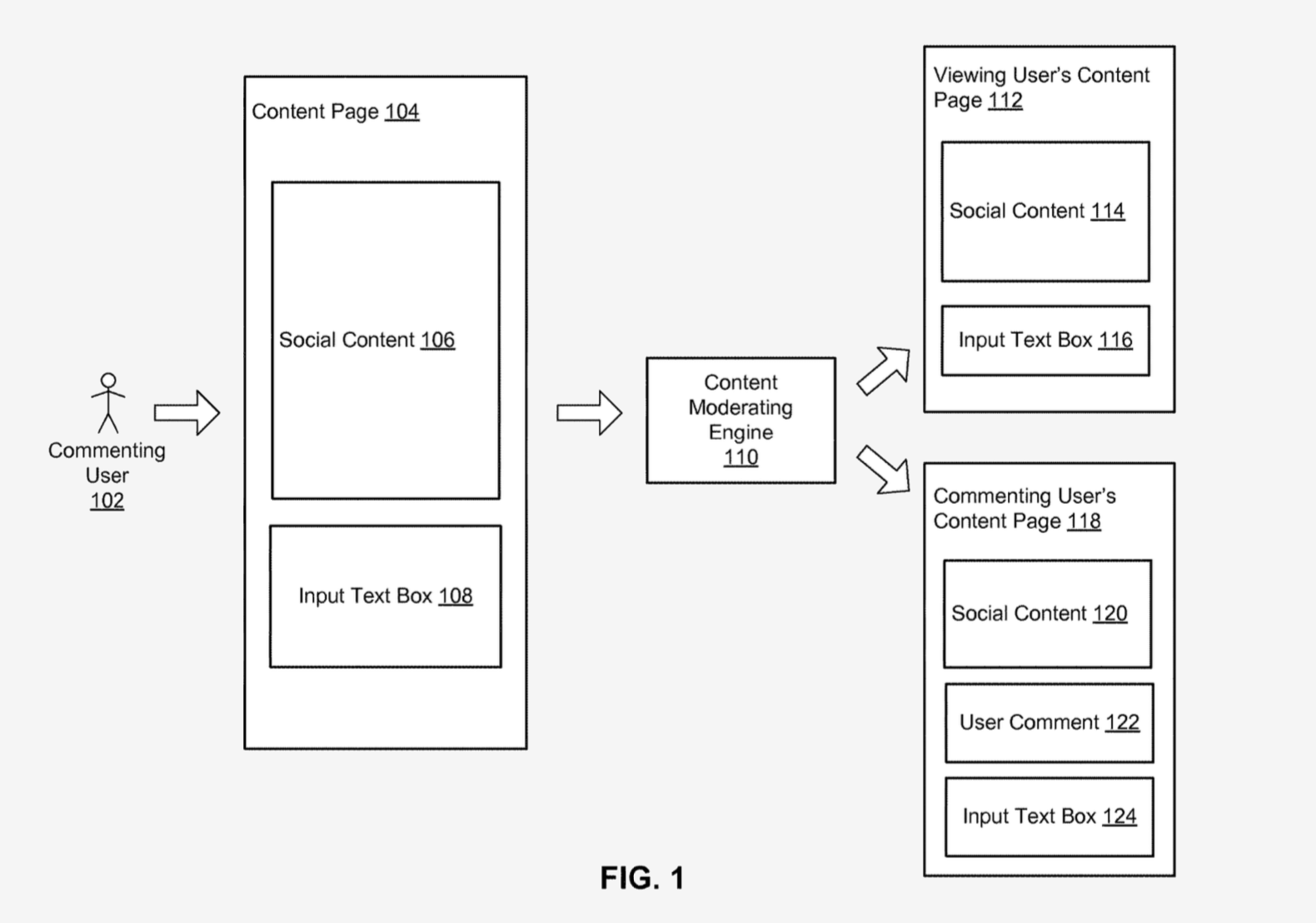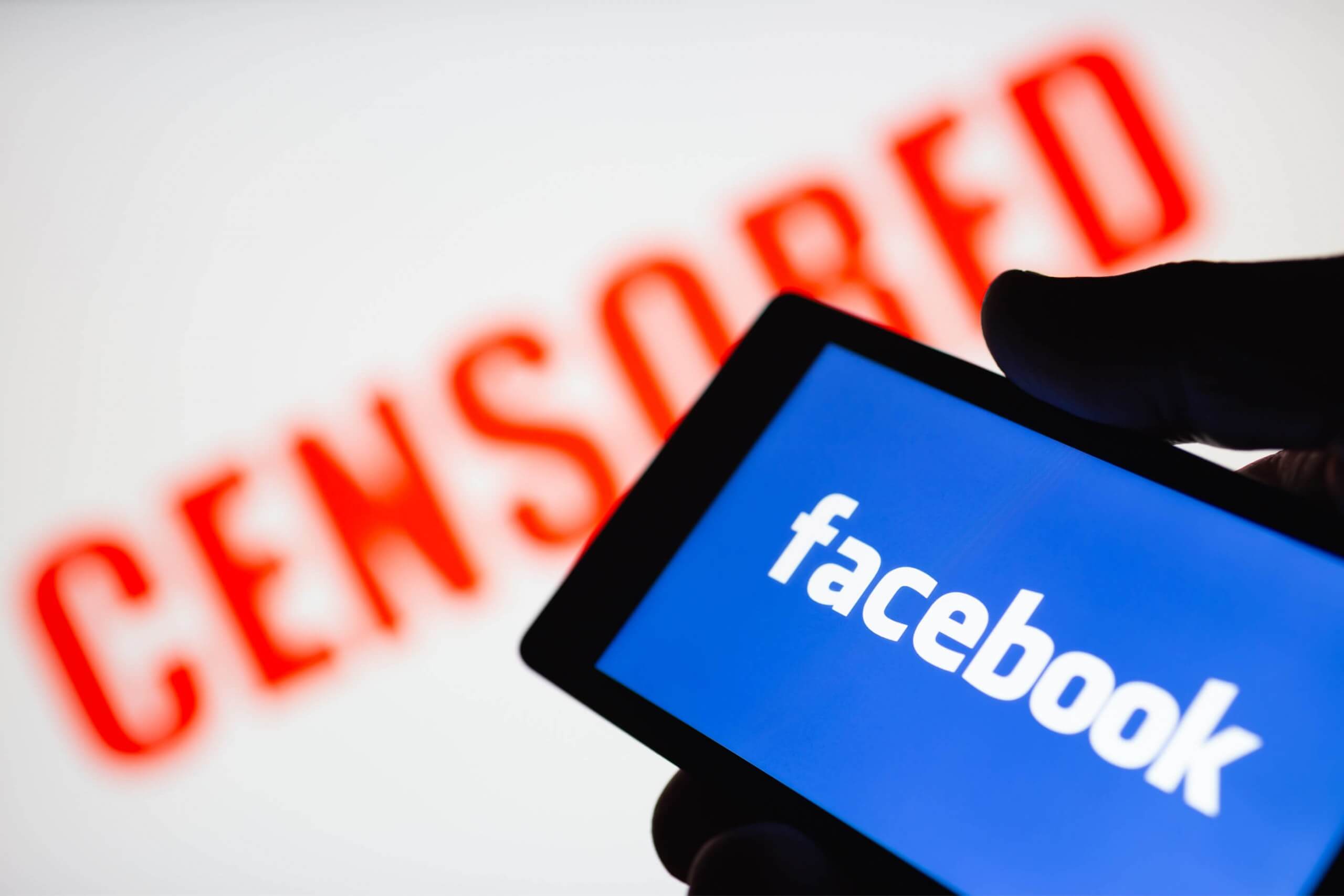What just happened? In 2015, Facebook filed a patent for "Moderating content in an online forum." The United States Patent and Trademark Office (USPTO) granted the social media giant its request on Tuesday.
On its face, the patent claim seems banal --- an automated system to weed through user content, so humans don't have to. However, what makes it interesting is Facebook's description of the system's methods of moderation in the abstract.
"The social networking system may receive a list of proscribed content and block comments containing the proscribed content by reducing the distribution of those comments to other viewing users. However, the social networking system may display the blocked content to the commenting user such that the commenting user is not made aware that his or her comment was blocked, thereby providing fewer incentives to the commenting user to spam the page or attempt to circumvent the social networking system filters."
As specifically portrayed by the patent document, what Facebook has been working on is a system to automatically shadow ban specific (proscribed) content. Proscribed is a legal term that means prohibited, usually by law. In this case, since speech cannot be prohibited by law, it means content banned by Facebook.

Facebook and other social media sites claim that they do not engage in the practice of shadow banning, which is the act of blocking someone's content without them knowing that they are the only one seeing it. It has been a hot topic of debate for the last few years, especially in conservative circles.
While there has never been any definitive proof that moderators and social networking platforms execute shadow bans, the patient claim, at the very least, shows that Facebook has an interest in moderating user content in this exact manner --- secretly making content unviewable to all but the poster. While the method only targets particular speech rather than specific users, depending on what Facebook considers proscribed content, entire groups of people could be filtered out of a conversation.
Whether this system is already in use or if it is just a general interest patent --- one that lays claim to something before anyone else does, even with no intention of making or implementing the product --- is unknown. Regardless, it is certainly not a good look for the beleaguered company that has had continuing issues with maintaining the public's trust.
Image credit: klevo via Shutterstock
